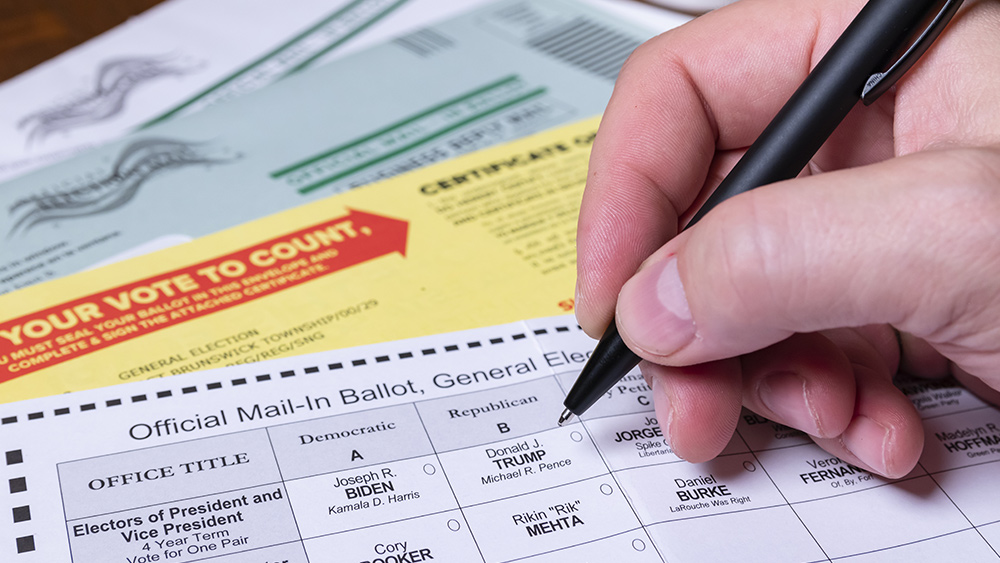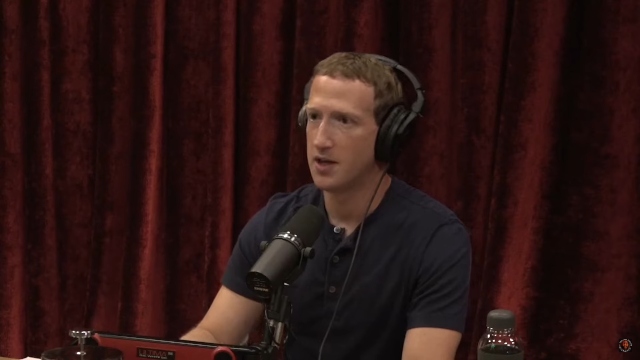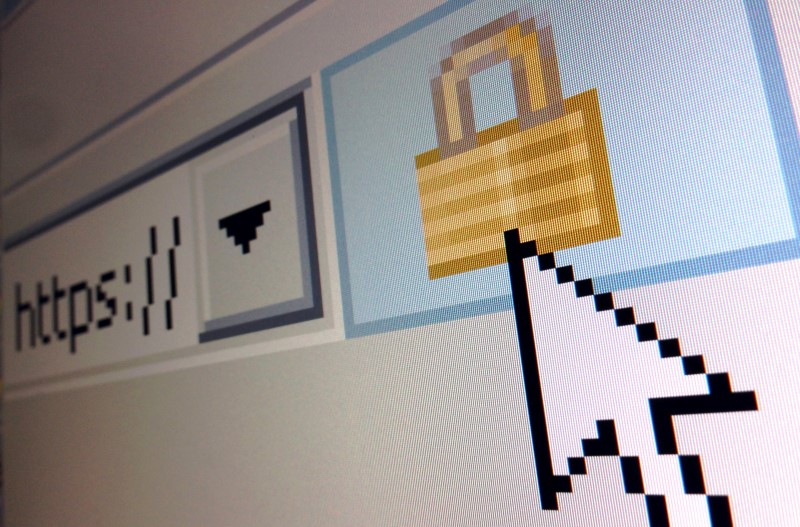Graham warns of twin threats to conservatism: Unregulated Big Tech and unverified mail-in voting
12/18/2020 / By News Editors

Sen. Lindsey Graham (R-S.C.) said conservatism is under attack from unregulated social media companies and unverified mail-in voting, a day before he introduced a bill that would remove some liability protections that Big Tech platforms now enjoy.
(Article by Tom Ozimek republished from TheEpochTimes.com)
“There’s two threats to conservatism: mass mail-in voting unverified, and social media companies unregulated, unable to be sued when they take down the content of conservatives,” said Graham, who chairs the Senate Judiciary Committee, in remarks to Fox News’ “Hannity” on Dec. 14.
“Section 230 allows the Big Tech companies to take down content and make decisions without being sued and they’re not regulated,” Graham said, referring to Section 230 of the Communications Decency Act, introduced in 1996 to let then-fledgling social media companies grow without fear of lawsuits.
“There’s no business that I know of in America that can’t be sued for their actions and not subject to regulation by the government at any level, except Big Tech,” he said. “Social media companies and mail-in voting will destroy conservatism if we don’t push back.”
Graham’s remarks regarding expanded mail-in voting without adequate verification echo concerns made by President Donald Trump and others that relaxing standards around mail ballots opens the door to potential fraud.
Graham on Dec. 15 introduced a bill that would sunset Section 230 protections for Big Tech companies on Jan. 1, 2023.
“The time has come for these largely unregulated Big Tech giants to either be broken up, regulated, or subject to litigation for their actions,” Graham said in a statement. “It’s time we put the Section 230 protections these companies enjoy on the clock.”
The South Carolina senator argued that the days when special protections for social media platforms were justified have long since passed, as these companies have become some of the most powerful in the world.
“These companies have an enormous impact on the day-to-day lives of the American people and enjoy protections other industries do not have,” Graham said. “Both Democrats and Republicans agree: the time has come for Section 230 to be reformed or eliminated.”
There has been opposition to Section 230 from both sides of the partisan divide, with Democrats often arguing it allows tech companies to get away with not being stringent enough about policing objectionable content, such as so-called hate speech and harassment, while Republicans typically argue it lets tech firms moderate content arbitrarily, suppressing conservative voices and stifling free speech. Lawmakers from both sides of the aisle have signaled their intent to reform the law, but so far little has happened to change the status quo.
Trump recently pushed for the $740 billion National Defense Authorization Act (NDAA) to include a repeal of Section 230, threatening to veto the bill if it didn’t.
White House press secretary Kayleigh McEnany said at the time that Trump’s opposition to not including a Section 230 repeal in the bill is warranted.
“Twitter has become a publisher, choosing to fact-check content,” she told reporters on Dec. 8. “And when you’re a publisher, there are certain responsibilities with that and you should not be immune from liability.”
The defense bill was approved by both houses of the U.S. Congress with veto-proof majorities. It didn’t contain a repeal of Section 230.
Read more at: TheEpochTimes.com and BigTech.news.
Submit a correction >>
Tagged Under:
Big Tech, Censorship, democrats, election fraud, elections, Facebook, Lindsey Graham, mail in voting, politics, Twitter, voter fraud
This article may contain statements that reflect the opinion of the author
RECENT NEWS & ARTICLES
COPYRIGHT © 2018 TECHGIANTS.NEWS
All content posted on this site is protected under Free Speech. TechGiants.news is not responsible for content written by contributing authors. The information on this site is provided for educational and entertainment purposes only. It is not intended as a substitute for professional advice of any kind. TechGiants.news assumes no responsibility for the use or misuse of this material. All trademarks, registered trademarks and service marks mentioned on this site are the property of their respective owners.




















